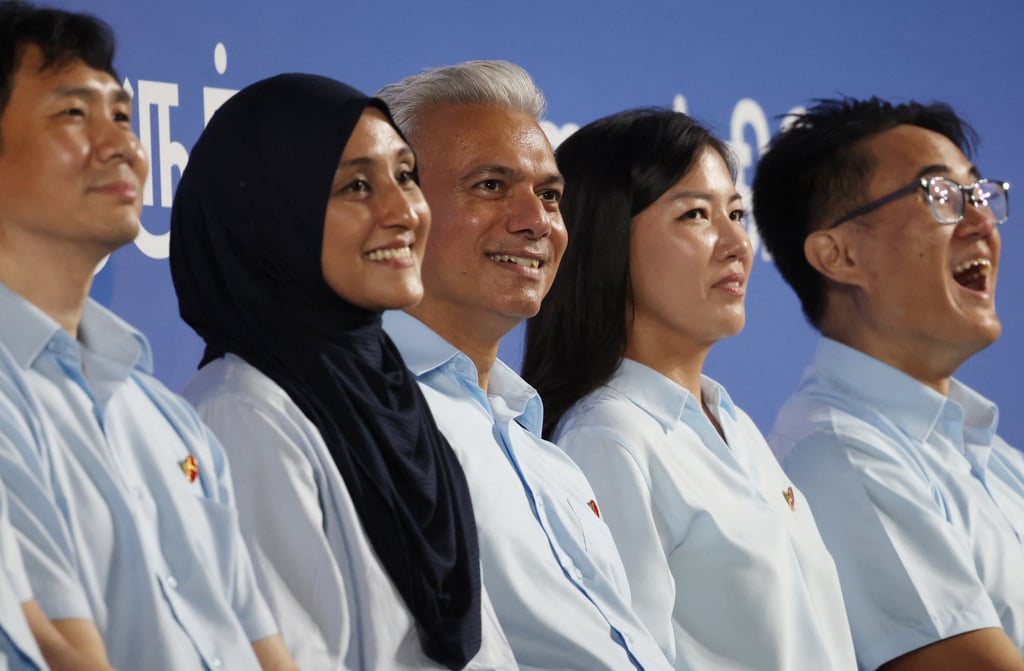Singapore wrapped up its general election earlier this month without a single correction order issued against fake news, but a resurfaced case of a candidate being misquoted on the campaign trail has sparked discussion on how the city state’s misinformation law is applied.
The Protection from Online Falsehoods and Manipulation Act (Pofma) introduced in 2019 and an election advertising bill – enforced just in time for the May 3 poll – guard against misinformation and digitally manipulated content, respectively, in Singapore.
Under Pofma, ministers, or alternate authorities for them during general elections, can issue directions to individuals to put up correction notices online to rectify falsehoods, classified as a statement of fact that was false or misleading, if this is in the “public interest”.
Analysts told This Week in Asia the definition of “public interest” meant that Pofma did not apply to all forms of misinformation, therefore, in the nine-day sprint to the recent election, the lack of any orders did not mean there had been no fake news.

An example of misinformation that was not flagged by authorities but by private parties was the misquoting of opposition Workers’ Party (WP) candidate Siti Alia Abdul Rahim Mattar by pro-establishment Facebook page Singapore Matters.
In a since-deleted post, the page published a picture of Alia, quoting her as having said: “The Israel-Palestine conflict was more important than bread-and-butter issues.”


